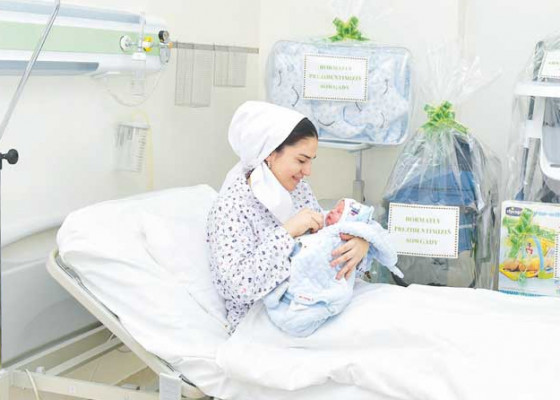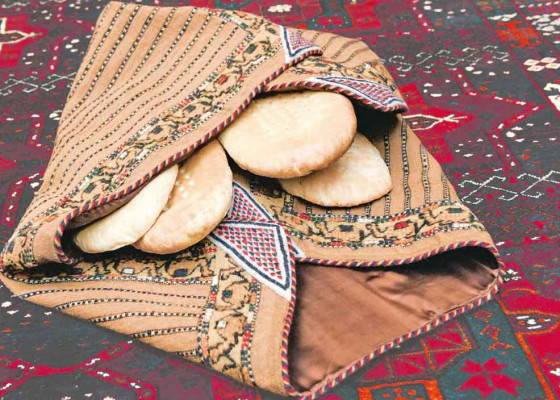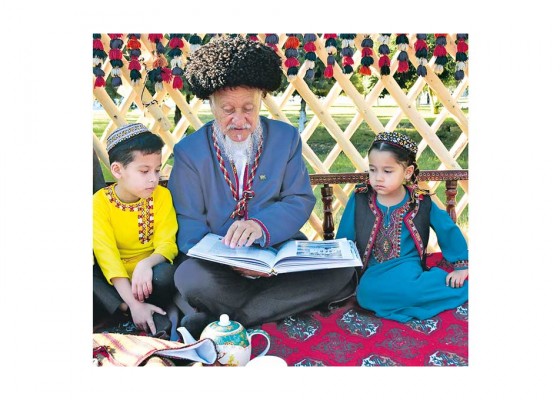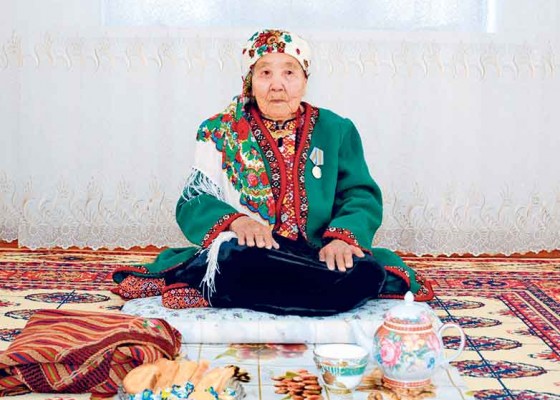Bagtyyar - the first born of the year
It has become a good tradition in Turkmenistan to announce the name of the first baby born on New Year’s night. The parents named the first-born in 2023 Bagtyyar, which means “happy”. He was born in the family of Gulbahar and Nurmuhammet Mommadovs from Ashgabat and became their third child. New Year’s Day is a time of miracles and gifts and a new beginning, so nothing can be better than the birth of a new life. The birth of a baby at this fabulous time is a real miracle, a long-awaited gift, a great holiday, joy and happiness for every family. And so the name is chosen for him in accordance with his unexpected status. By decision of the family, the baby was named Bagtyyar, because he became the first-born of the year, whose motto is “The Happy Youth with Arkadag Serdar”.




